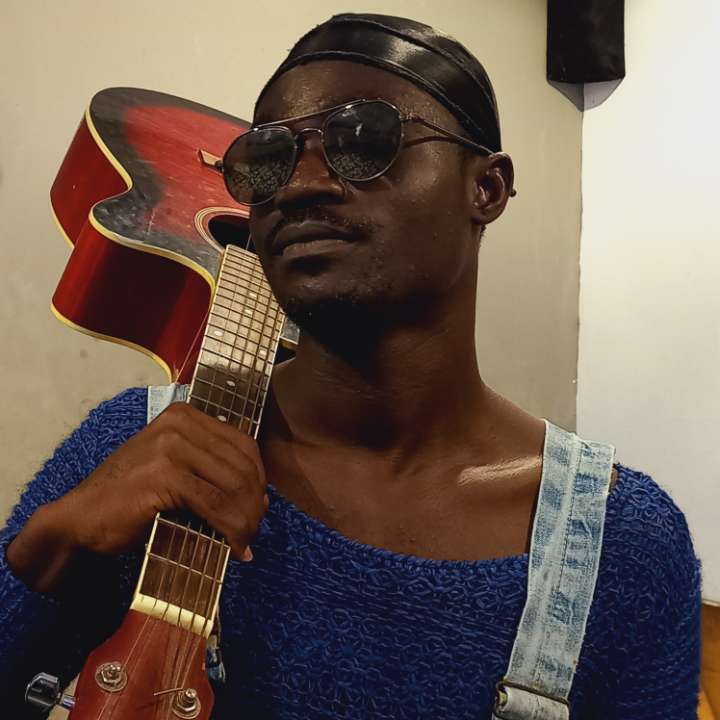The creative arts sector has long been a vital component of cultural expression, economic growth, and social cohesion.
However, in recent years, a significant decline in support for this sector has emerged, prompting many artists, musicians, writers, and other creatives to engage in political activism and advocacy.
The creative arts sector encompasses various disciplines, including visual arts, music, theater, literature, and digital media. This sector not only enriches cultural landscapes but also contributes substantially to the economy.
According to various studies, the creative industries have shown resilience during economic downturns, yet they remain vulnerable to funding cuts, policy changes, and societal undervaluation.
Governments worldwide have faced financial pressures, leading to significant cuts in arts funding. Grants and subsidies that once supported artists and cultural institutions have dwindled, forcing many to seek alternative income sources or abandon their crafts altogether.
Ghanaian actor Sargent Dee of ‘Cantata’ fame has expressed concerns about the lack of support for the creative industry in Ghana. The popular actor said creatives are now turning to politics due to this lack of support.
According to him, their objective is to also benefit from politicians and the government as they don’t receive much support from the industry.
Sargent Dee believes that more investment in the industry would have changed the situation, as creatives would not have been forced into politics.The creative arts sector has long been a vital component of cultural expression, economic growth, and social cohesion.
In an exclusive interview with The Vaultz News, Ghanaian artist, Bismark Paapa Amponsah, popularly known as MIB in the entertainment industry revealed that the creative arts sector significantly contributes to Ghana’s cultural identity.
“They preserve traditional practices and promote contemporary expressions. Economically, it generates revenue through tourism, job creation, and exports, contributing substantially to Ghana’s GDP.”
MIB
According to MIB, artists in Ghana lack access to funding, infrastructure, training programs, marketing support, and copyright protection. “Government funding, corporate sponsorships, and private investments are limited, hindering the sector’s growth,” he added.
Speaking about the decline in support and its impact, he stated that it has led to a brain drain, reduced creativity, limited opportunities, and financial struggles for artists.
MIB admonished that the trend of creatives turning to politics is concerning, yet understandable.
“Artists are seeking alternative means to sustain themselves due to a lack of support. Political engagement can amplify artists’
voices, but risks compromising artistic integrity. Artists must engage with policymakers to advocate for the sector’s needs.“This collaboration can lead to supportive legislation, funding, and infrastructure development. Government investment can provide infrastructure, training programs, funding, and regulatory support. This can attract private investments, boost tourism, and create jobs.”
MIB
The creative arts are often undervalued in society, with many viewing them as non-essential luxuries rather than critical components of community life and identity.
While technology has democratized access to art and creativity, it has also disrupted traditional revenue models. Streaming services, social media, and digital platforms have transformed how artists distribute and monetize their work, often resulting in lower financial returns.
Consequences of Insufficient Support

Many talented artists are leaving their home countries in search of better opportunities, leading to a loss of cultural diversity and innovation.
The pressures of financial insecurity and lack of recognition lead to mental health challenges among creatives. The stigma surrounding mental health issues in the arts exacerbates these problems, creating a cycle of isolation and despair.
Talking about how collaborations between artists and political figures lead to tangible improvements in support for the arts, MIB revealed that the collaborations can result in policy changes, increased funding, and access to resources. “Artists can offer creative solutions to social issues, while politicians provide support and resources,” he said.
Artists and cultural leaders are increasingly using their platforms to advocate for policy changes that support the arts.
Some creatives have taken the plunge into politics by running for public office. Their unique perspectives as artists enable them to address issues such as cultural policy, education reform, and community development in ways that resonate with diverse audiences.
Many artists are involved in grassroots movements that aim to empower marginalized communities. By leveraging their creative skills, they mobilize support, raise awareness, and foster dialogue around social justice issues.
According to MIB, his vision for the future of the creative arts sector in Ghana is for a thriving, self-sustaining sector showcasing Ghanaian talent globally.
He revealed the long-term solutions necessary to ensure sustainable growth and support for the creative arts
“With the long-term solutions, sustainable funding models, infrastructure development, training programs, copyright protection, and private sector partnerships are essential. With this, young artists can engage without feeling pressured into politics by focusing on craft development, seeking mentorship, exploring alternative funding sources, and advocating for their rights.”
MIB
The lack of support for the creative arts sector is a pressing issue that has significant implications for society as a whole.
As funding dwindles and cultural devaluation persists, many creatives are finding themselves drawn into the political arena, using their voices and talents to advocate for change.
This intersection of creativity and politics not only enriches the political landscape but also ensures that the arts remain a vital part of our cultural identity.
Moving forward, policymakers, communities, and individuals need to recognize the importance of supporting the creative arts sector, not just for the sake of the artists themselves, but for the enrichment of society as a whole.
READ ALSO: Success Of Ukraine’s Victory Plan Dependent On Diplomatic Engagements





















